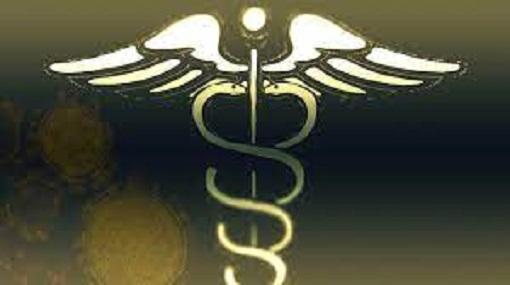Africa-Press – Lesotho. DES MOINES, Iowa (WHO) — It’s easy to assume that if one person in your household contracts COVID-19, then everyone will, but that is not always the case.
A recent report from the Centers for Disease Control and Prevention showed chances of transmission in close household settings is about 53%, leaving room for some not to develop the virus.
Dr. Joseph McGargill, a physician with MercyOne, explained that there are many reasons behind this. “If someone has the stomach flu or influenza, not everyone gets sick.
So we see that with COVID as well, too. So, we have let’s say five people and two people don’t have symptoms, three people have COVID symptoms. Typically, the reason for that is it’s multifactorial — there’s lots of reasons for it,” said McGargill.
At-home testing industry sees boost in sales since pandemic The main factors are: Known or unknown pre-exposure. It’s possible that someone had COVID beforehand and was unaware.
This means that their body has antibodies against the current infection in the household, making them more resistant to catching it. Current exposure, although in close contact.
There is also a chance someone didn’t get a large enough antigen or virus exposure, causing them not to actually get sick at all. Genetics. Some people who get COVID may respond better to the virus genetically, meaning they may show no symptoms even after a positive test.
“That’s why it seems like certain illnesses like COVID will really be hard on certain families.
So you’ll hear of a family that goes to a family reunion and their…their whole family has it severely,” said McGargill. “You know, a lot of people die.
A lot of people are just very severely impacted by COVID. And then you’ll have certain families that get it and it’s just a cold and the sniffles, and that’s it.
So there’s definitely some genetic factors. ” McGargill said although this does happen, it is important to act like you could end up sick if someone close to you, like a family member tests positive. COVID is most contagious two days before someone shows symptoms and three days after.
For More News And Analysis About Lesotho Follow Africa-Press






